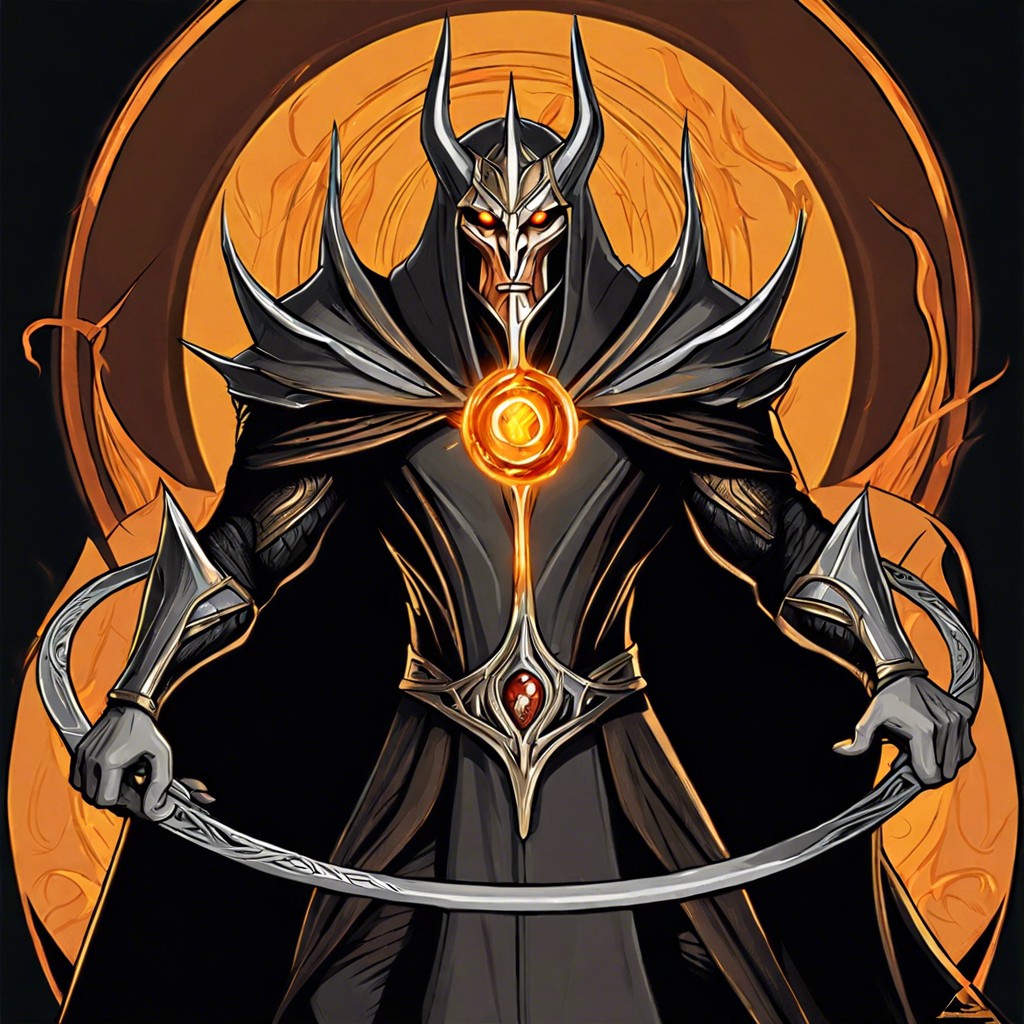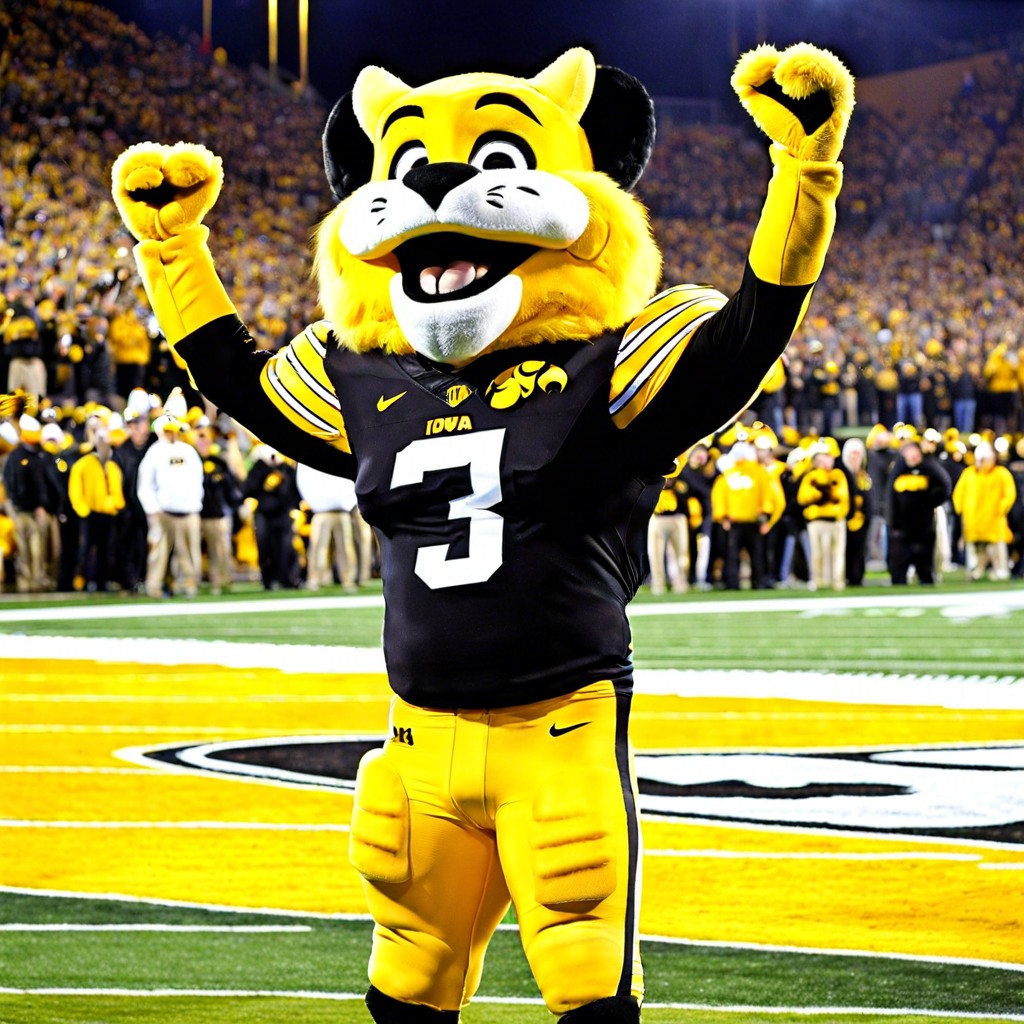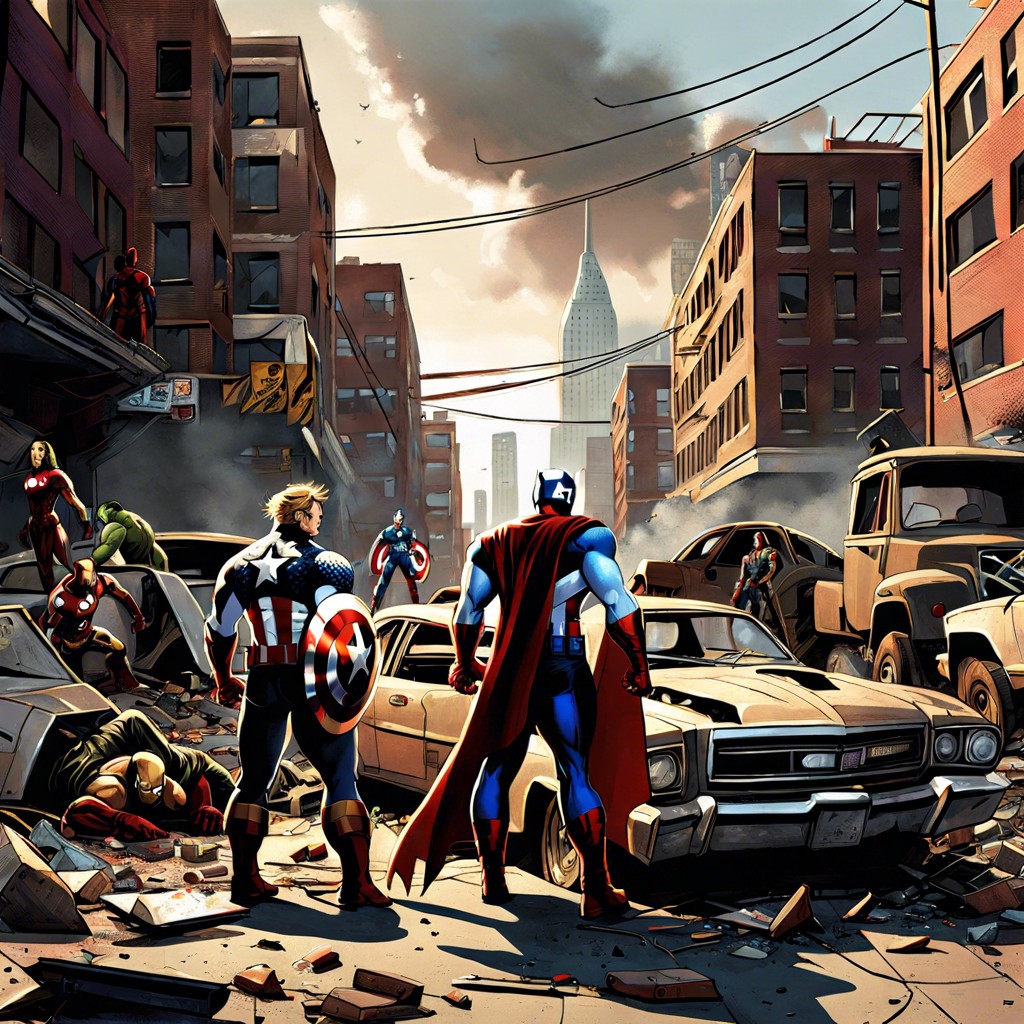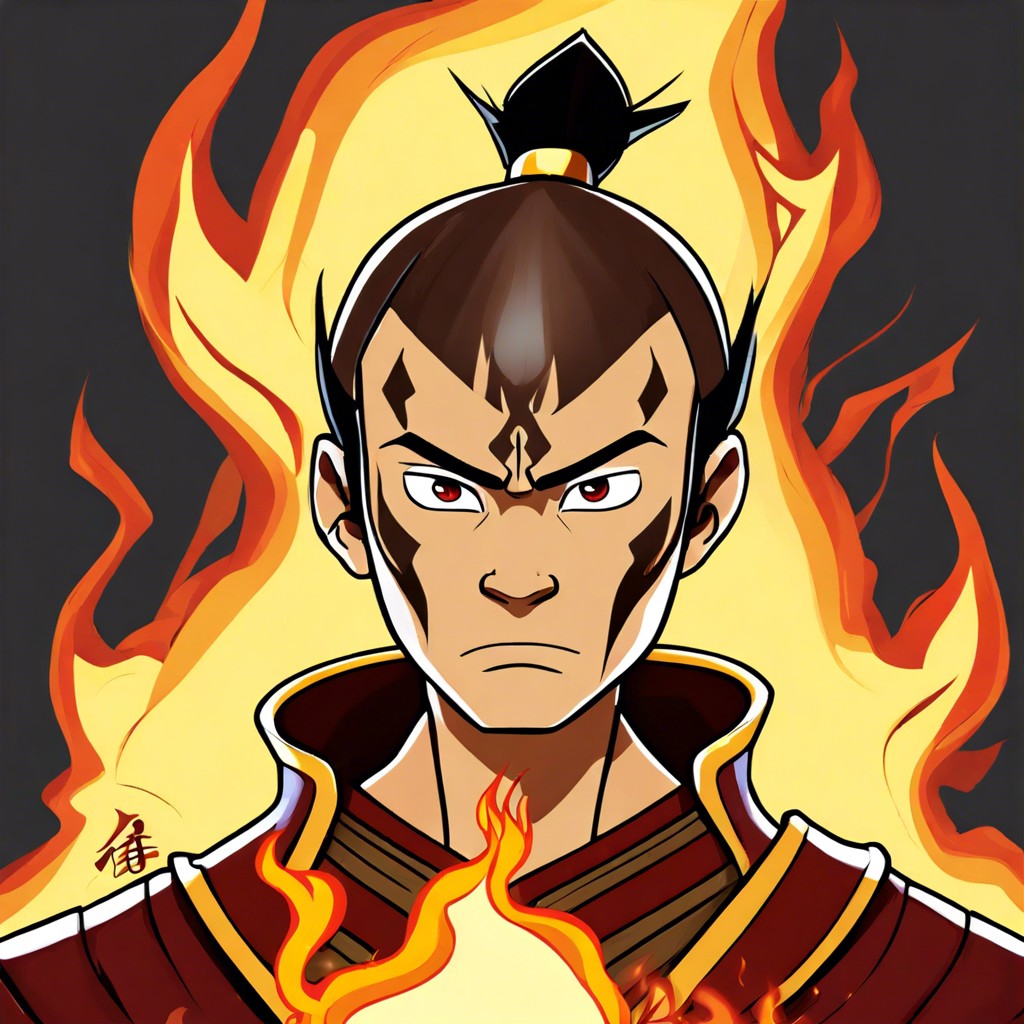In this article, you’ll understand the catastrophic consequences and chaotic world that would result if Sauron reclaimed the One Ring.
Imagine a world where Sauron snatches the One Ring and sits in his dark, pointy tower like a kid with a new PlayStation. What happens next? Spoiler: It’s not good. Middle-earth’s sunshine transforms into an eternal overcast, friendly hobbits turn into gloomy goths, and beloved characters face fates darker than a Balrog’s underpants. Stick around as we unspool the grim tapestry of Sauron’s victory and explore the resistance that might arise from the ashes of Middle-earth.
Key takeaways:
- Sauron would centralize power, commanding vast orc armies.
- Middle-earth would transform into dark, gloomy wastelands under Sauron.
- Key characters like Frodo and Gandalf face bleak fates.
- The Fellowship’s quest would likely end in capture and despair.
- Resistance would rise, with Dwarves, Elves, Men, and Hobbits rebelling.
Sauron’s Rise to Power

Imagine Sauron getting his hands—or, more accurately, his dark, evil essence—on the One Ring. Cue the epic entrance music, but with a chilling, doom-laden twist.
First off, centralizing power becomes the name of the dark game. Sauron wouldn’t just sit in Mordor twiddling his thumbs (or lack thereof); he’d solidify his grip on every territory like a supernatural corporate takeover.
The Nazgûl? Oh, they’d be his chief executives of terror, patrolling lands and causing general mayhem. Then, there’s massive orc production. Think about that one friend who hoards collectibles—that’s Sauron, but with minions. Orcs would be like those annoying spam emails; they’d just keep coming!
Lastly, let’s not forget the magical surveillance system—through the Palantír possibly—allowing this dark lord to keep an eye on every whisper and whimper of resistance. Feel that shiver down your spine? Yeah, he’s that good at it.
Middle-earth’s Ensuing Darkness
Imagine a cloud of gloom thicker than your grandmother’s pea soup. That’s Sauron’s Middle-earth with the Ring back on his sinister finger.
The landscape would transform into a nightmarish vision – think Mordor’s dark, volcanic wastelands spreading like black mold across the map. Rivendell’s serene beauty? Gone, replaced by malevolent forests crawling with orcs.
The inhabitants wouldn’t fare much better. Elves, long the pillars of wisdom and grace, would either flee to the Grey Havens or face annihilation. Men would be enslaved, their kingdoms crumbling like overbaked cookies. Hobbits, bless their furry feet, would lose their Shire, turning from merry gardeners to miserable refugees.
The very air would seem heavier, laden with a palpable sense of dread. People would whisper of hope like it was a forgotten legend. And let’s not even discuss the economy – trade routes clogged with fear-mongering and despair, no doubt.
Fate of Key Characters
It would be curtains for Frodo and Sam. Expect an orc-infested chase, with a side of torture, if they’re not flat-out handed over to Sauron. Gollum, perpetually torn between “precious” and plot device, would likely end up as a pawn or a snack—depending on his mood.
Aragorn’s regal aspirations? Vanquished. He’d transform into a rebel leader, constantly dodging Nazgûl. Legolas and Gimli would swap witty banter for grim survival tactics. The friendship? Unbreakable, but the stakes? Terminal.
Gandalf might go full guerrilla wizard, zapping from shadowy corners. Picture a magical Robin Hood. Not all hope lost—but mostly. The fate of Middle-earth’s saviors? Less heroic, more harrowing.
Implications for the Fellowships’ Quest
Game over, folks. If Sauron snags that Ring, the Fellowship’s quest is essentially toast. Here’s why:
First, Frodo and Sam’s journey to Mount Doom? Probably doesn’t end with a triumphant “Yay, we did it!” More like a swift capture and likely some dramatic sword-waving before a not-so-happy ending.
Second, Aragorn’s grand mission to reclaim his throne would be a bit pointless if the world is under the iron fist of a glowing-eyed dictator. Less kingly parade, more “battle’s lost.”
Let’s not forget Gandalf. His wizardry, though impressive, has its limits. Even the best fireworks can’t compete with Sauron’s newfound god-like powers.
Lastly, alliances like those between elves, dwarves, and men? They’d fracture faster than you could say, “One Ring to rule them all.” Individual bravery is commendable, but against an omnipotent dark lord, it’s a tough sell.
In short, the Fellowship’s grand adventure might be reduced to a bleak series of escape attempts, dwindling hope, and dramatic last stands. Bleak, yes, but undeniably epic.
Potential Resistance and Rebellions
In the shadow of Sauron’s newfound strength, resistance would undoubtedly spring forth across Middle-earth. For starters, the resilient Dwarves of Erebor would likely fortify their mountain halls, readying themselves for an ironclad rebellion. They’re not just about hoarding gold, after all.
The Elves, masters of bows and stubborn resolve, would form secret alliances to counteract the Dark Lord’s influence. Think Legolas but with more serious eyebrows.
Men, being versatile and, let’s face it, sometimes a bit headstrong, would band together. Aragorn might become a poster boy for rebellion, his rugged charm uniting the divided kingdoms.
Even the Ents, those giant walking trees with a penchant for sloooow decisions, could uproot themselves for another go at Sauron’s forces. Treebeard doesn’t exactly rush, but he’s effective.
Let’s not forget the Hobbits. Small, sneaky, and surprisingly brave, they wouldn’t sit idle in the Shire. Well, maybe after finishing second breakfast.
In essence, every corner of Middle-earth would find its champions, each guiding their people with hope and heroism. Contesting Sauron’s might wouldn’t be a walk in the park—or a stroll through the woods of Lothlórien—but it would be one epic saga.




